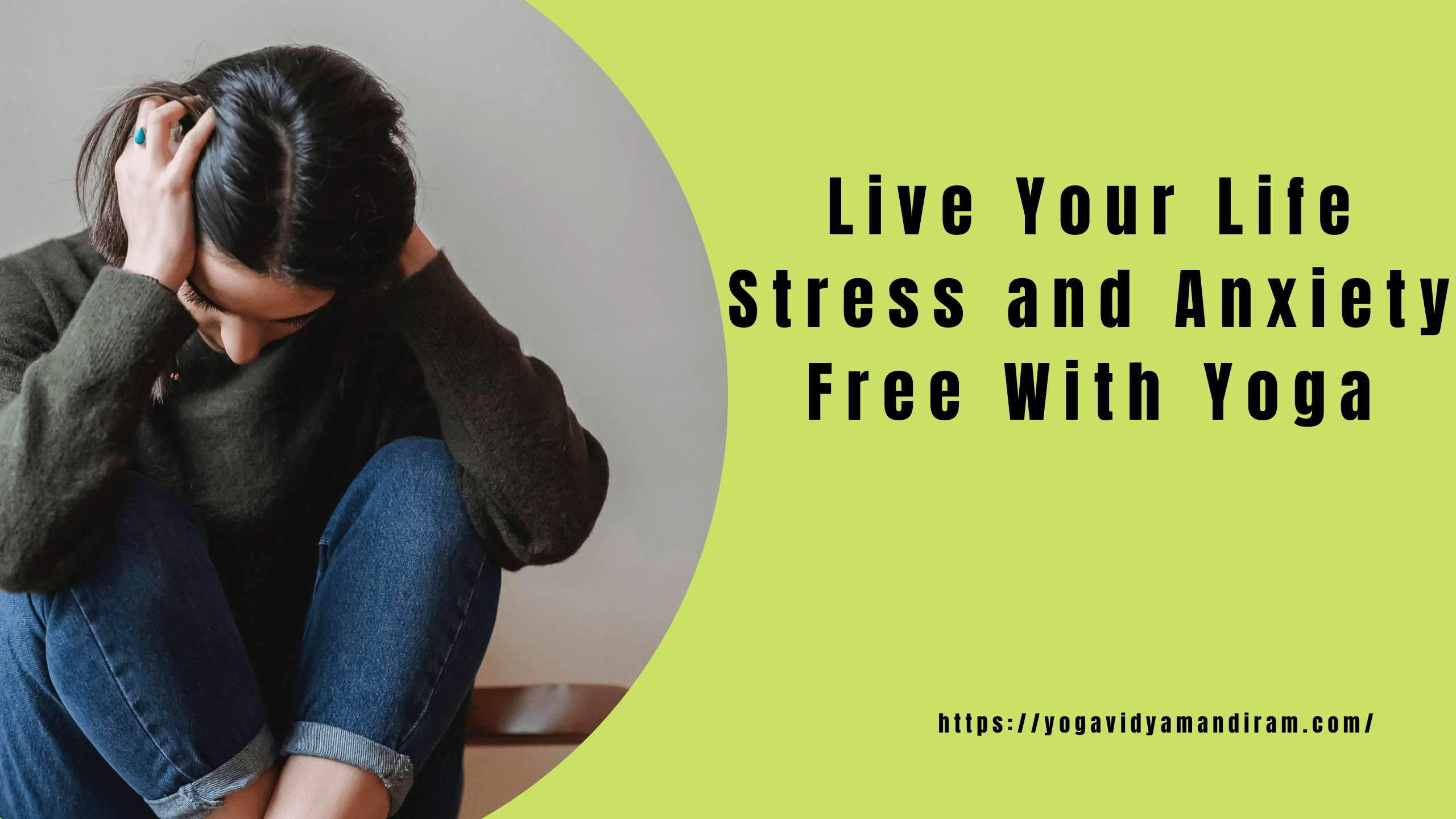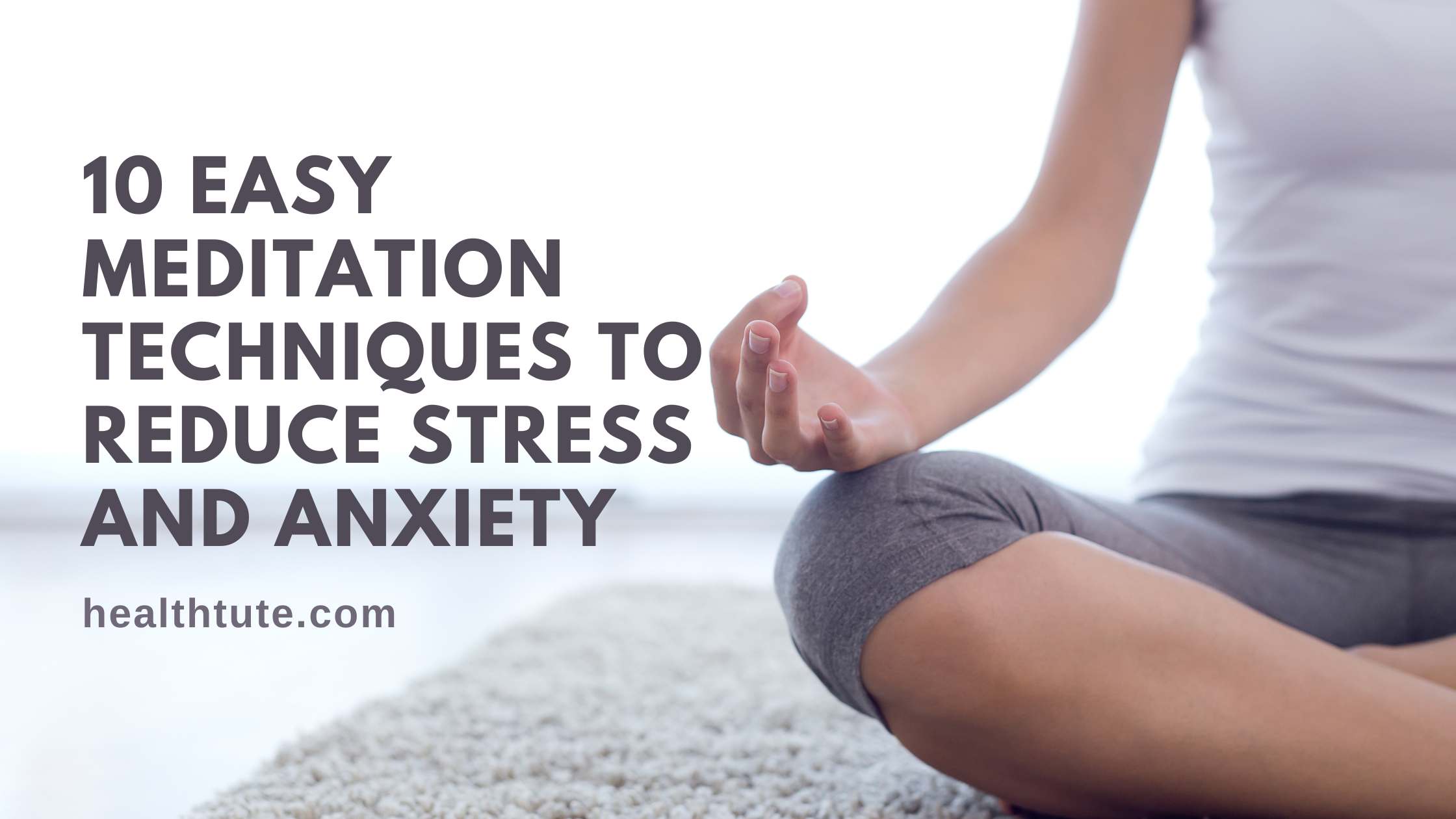Anxiety is a common challenge that can impact various aspects of life, from daily activities to long-term well-being. While professional support from therapists or counselors is often necessary for managing severe anxiety, adopting lifestyle changes can play a powerful role in reducing anxiety levels and enhancing overall mental health. Integrating these lifestyle adjustments into your daily routine can help promote a greater sense of calm, improve resilience, and foster a more balanced life. Here are some effective lifestyle changes to consider for reducing anxiety.
1. Prioritize Physical Activity Exercise is one of the most effective natural stress-relievers. Regular physical activity helps release endorphins, which are chemicals in the brain that improve mood and reduce stress. Aim for at least 30 minutes of moderate exercise most days of the week. Activities such as jogging, cycling, swimming, or even walking can help release built-up tension and promote relaxation. Yoga and tai chi, which combine gentle movement with deep breathing and mindfulness, are particularly effective in reducing anxiety.
2. Practice Mindfulness and Meditation Mindfulness is the practice of being present in the moment without judgment. Integrating mindfulness and meditation into your daily routine can help you become more aware of your thoughts and emotions, allowing you to respond to them more calmly. Starting with just 5-10 minutes a day of deep breathing, guided meditation, or simple mindfulness exercises can significantly reduce feelings of anxiety. Apps and online resources can be valuable tools to help guide you through these practices.

3. Maintain a Balanced Diet What you eat affects how you feel. Foods rich in omega-3 fatty acids, such as salmon, flaxseeds, and walnuts, have been shown to reduce anxiety levels. Consuming complex carbohydrates like whole grains and vegetables can also promote a steady blood sugar level, preventing mood swings and anxiety spikes. Additionally, maintaining proper hydration and limiting processed foods, excessive caffeine, and sugary snacks can help keep your energy levels stable and prevent anxiety triggers.
4. Get Enough Sleep Sleep is essential for mental health. When your body doesn’t get enough rest, it becomes harder to manage stress and emotions. Aim for 7-9 hours of quality sleep each night to help regulate mood and enhance cognitive function. Create a relaxing bedtime routine that may include reading, taking a warm bath, or practicing gentle stretches. Keeping your bedroom cool, dark, and quiet can also improve sleep quality. Avoid screens and electronics at least an hour before bedtime, as the blue light emitted can disrupt the natural sleep cycle.

5. Establish Healthy Boundaries Learning to say no and setting healthy boundaries is crucial for reducing stress and anxiety. Overcommitting to activities or taking on too many responsibilities can quickly lead to feeling overwhelmed. Be honest with yourself and others about what you can realistically manage, and don’t be afraid to decline additional tasks or engagements that would strain your schedule or mental state. By setting clear boundaries, you’ll create more space for self-care and relaxation.
6. Limit Screen Time Spending excessive time on screens, especially on social media, can contribute to anxiety. Constant exposure to news, comparisons, and negative content can elevate stress levels and lead to feelings of inadequacy. Set boundaries for screen time, and dedicate more moments to offline activities that bring you joy, such as reading, spending time in nature, or engaging in hobbies. Digital detox periods, such as turning off your phone an hour before bed, can help you recharge and feel more present.

7. Connect with Loved Ones Building and maintaining a supportive social network is essential for mental well-being. Connecting with friends, family members, or support groups can provide comfort and perspective when anxiety levels rise. Talking with others about your feelings and sharing experiences can help you feel understood and less alone. Whether it’s through video calls, phone conversations, or in-person meetups, nurturing these relationships can be a powerful way to reduce stress and increase feelings of security.
8. Practice Deep Breathing Exercises Deep breathing exercises help activate the body’s relaxation response, which counteracts stress and anxiety. Simple techniques like diaphragmatic breathing or the 4-7-8 method can help regulate your nervous system and induce a calming effect. To practice the 4-7-8 technique, breathe in for four counts, hold your breath for seven counts, and exhale slowly for eight counts. Repeat this for a few minutes to feel more relaxed and centered.
9. Engage in Activities You Love Hobbies and activities that bring you joy and fulfillment are essential for maintaining mental health. Whether it’s painting, gardening, playing an instrument, or crafting, setting aside time to engage in activities you love can help take your mind off stressors and promote feelings of accomplishment and happiness. Incorporating these moments of joy into your week provides a sense of balance and helps mitigate feelings of anxiety.
10. Practice Gratitude Practicing gratitude shifts your focus from negative thoughts to positive ones. Take a few minutes each day to write down or reflect on things you’re thankful for. It could be as simple as enjoying a good cup of coffee, having a kind conversation with a friend, or appreciating a sunny day. Gratitude can help reframe your perspective, making it easier to manage stress and anxiety by focusing on the good in your life.
11. Seek Professional Help When Needed While lifestyle changes can greatly benefit your mental health, it’s important to recognize when professional help is necessary. If anxiety is affecting your daily life, making it hard to function, or causing distress, consider reaching out to a therapist or counselor. Mental health professionals can help you understand the root of your anxiety, develop coping strategies, and guide you toward effective treatment options.
Conclusion Reducing anxiety is not an overnight process, but making intentional lifestyle changes can create a powerful foundation for a more balanced and peaceful life. From prioritizing physical activity and proper sleep to setting boundaries and practicing mindfulness, the choices you make each day can significantly influence your mental well-being. Remember that it’s okay to start small and build up these practices gradually. Over time, these lifestyle changes will help you cultivate resilience, improve emotional regulation, and ultimately lead to a calmer, happier life.
4o mini

